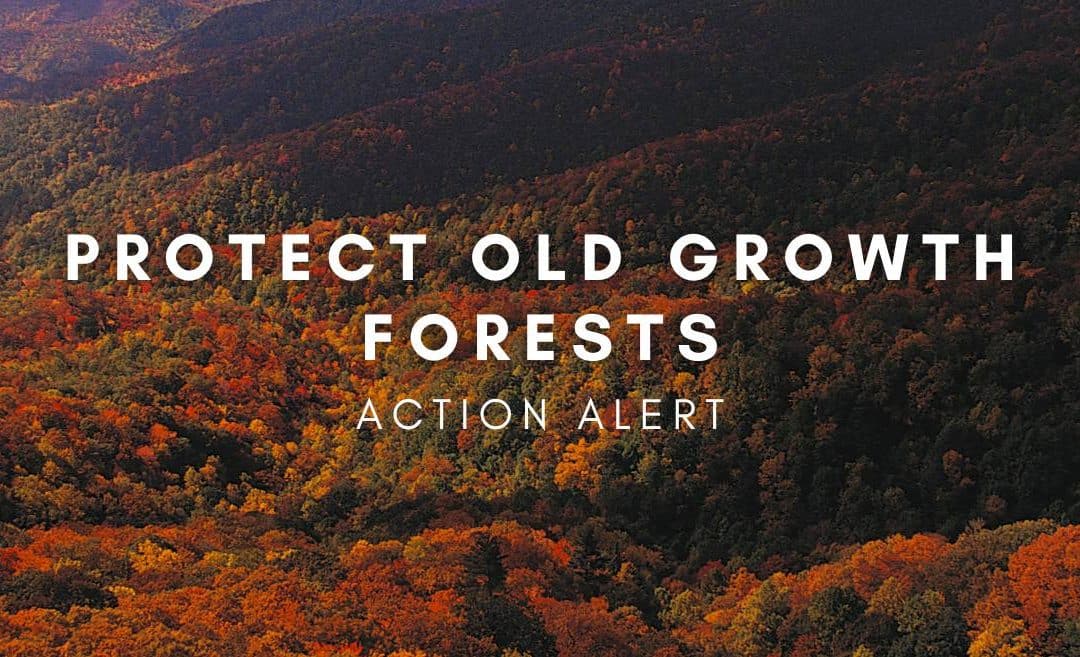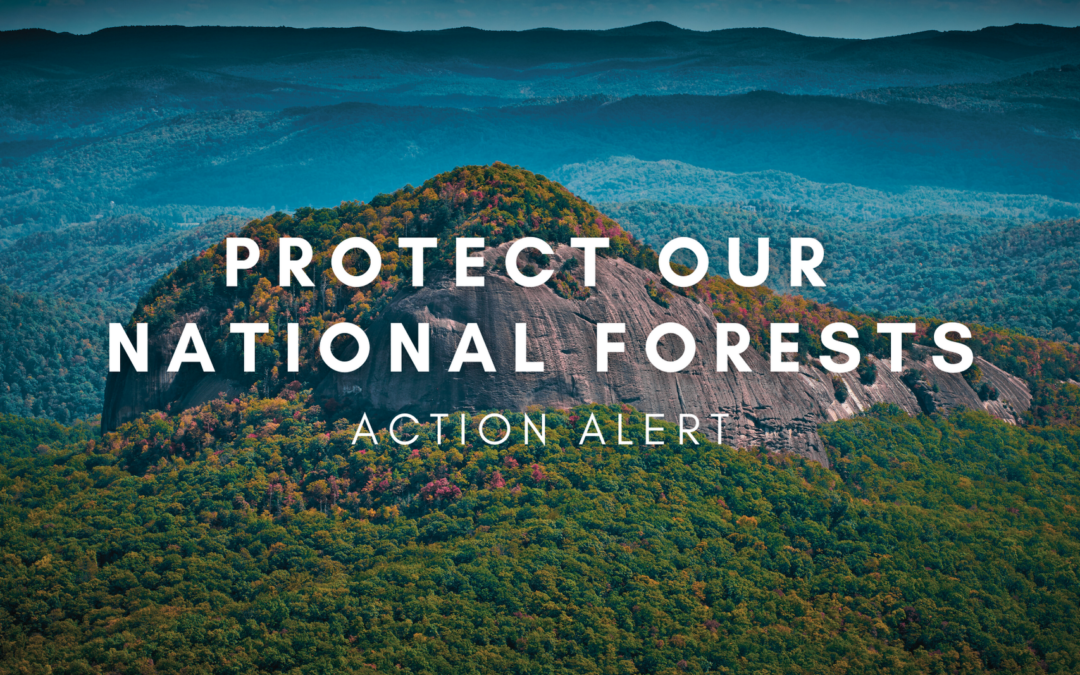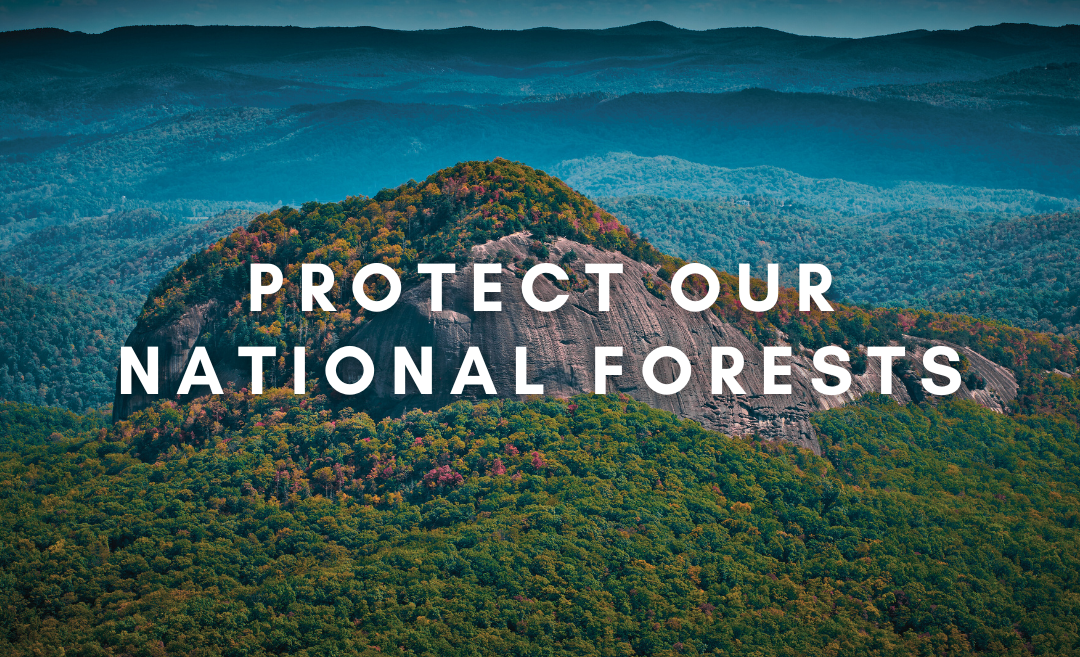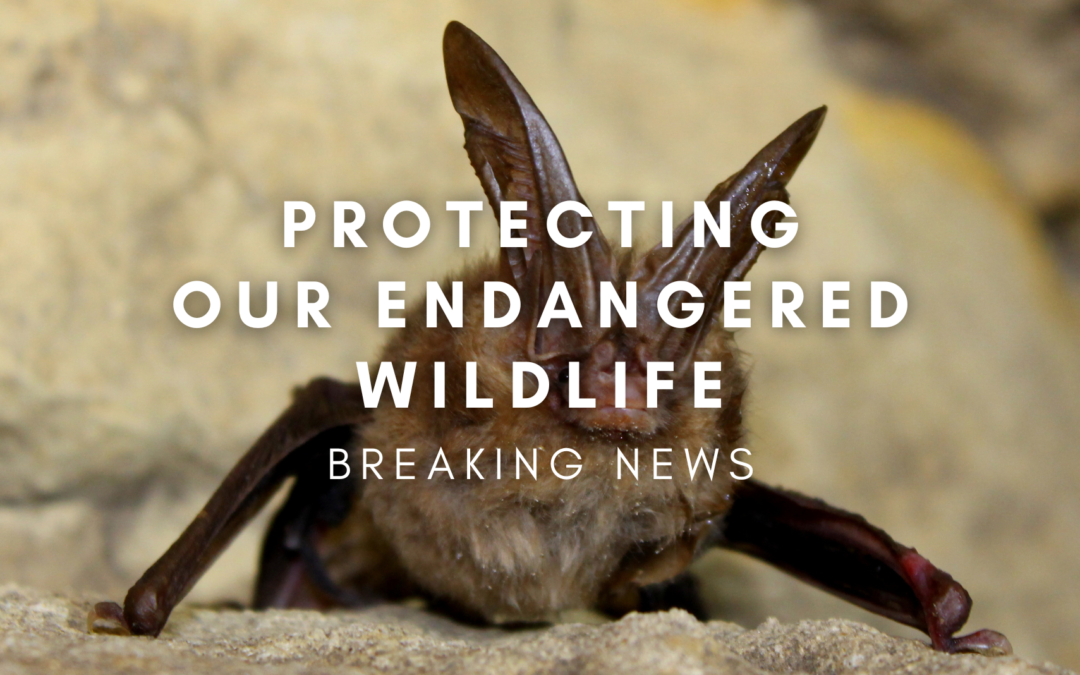
Speak Up for Old Growth Forests
Speak Up for Old Growth Forests
This action has expired
We need you to tell the US Forest Service to implement strong protections for old-growth forests. Please submit a comment urging the Forest Service to strengthen NOGA by clarifying its language and better considering eastern forests.
The Forest Service is currently seeking public comment on their proposed National Old-Growth Amendment (NOGA). The amendment, which responds to a Biden-Harris Administration executive order mandating stronger protections for old-growth forests, would require all national forest plans across the country to incorporate additional consideration of old-growth forest management needs.
This amendment is an important step towards protecting a shrinking resource, but it needs to be improved. In its current form, NOGA lacks clarity and includes loopholes that could inadvertently worsen current management practices for old-growth forests. Far from meeting its intent of protecting and restoring old-growth forests, NOGA’s current language could allow for inappropriate old-growth harvest.
Comments are due September 20th.
Old-growth forests store large amounts of carbon, clean the air we breathe, provide critical wildlife habitat, maintain and increase biodiversity, filter water, and reduce wildfire risks. The old-growth forests of the Nantahala-Pisgah National Forests are home to several endangered and threatened species, including four species of endangered bats and the imperiled Blue Ridge lineage of green salamanders. Unfortunately, across the nation, old-growth forests are in decline, facing stressors from pests, extreme weather, and commercial logging. NOGA offers an opportunity to better protect and restore old-growth forests, but only if it’s finalized and implemented properly.
Our Concerns:
- As written, NOGA fails to allow passive management as a method of preserving or enhancing old-growth characteristics. Although the Forest Service recognizes that a “hands-off” approach can better serve old-growth forests, especially in areas that are not fire-prone, NOGA currently prescribes only active management options.
Solution: NOGA should be amended to include passive management as an option for managing old-growth forests. - Proactive stewardship of old-growth forests has the potential to degrade the old-growth ecosystem. The ambiguity of the draft text could lead to an interpretation that degradation of old-growth forests is ok if that degradation contributes to a project meeting other goals.
Solution: NOGA should include a non-degradation clause for cases where proactive stewardship methods are employed. - The exceptions allowed under NOGA are unclear. This lack of clarity could lead to a situation where development within old-growth forests is permitted, so long as there is sufficient old-growth outside of the developed area to make up for some loss within the developed area.
Solution: The Forest Service should remove the exception that allows for development at an “ecologically appropriate scale” and employ clear, already defined language to improve NOGA’s clarity. - While old-growth forests decline, threats to old-growth increase. Simply preserving existing old-growth will not be enough to stop the decline, so recruiting mature forests into an old-growth stage is crucial to protecting these ecosystems. As written, NOGA does not offer a clear path by which the Forest Service can identify suitable mature forests and manage them to become old-growth.
Solution: NOGA should be amended to include a clear plan for recruitment of mature forests into old-growth conditions. - Lastly, NOGA prescribes a one-size-fits-all approach to forest management. As written, NOGA characterizes threats to old-growth forests uniformly across the country. While fire poses a risk to western forests, eastern old-growth forests are more vulnerable to improper management and commercial logging. The same management actions that benefit fire-prone western forests will not be suitable for moist eastern forests.
Solution: NOGA should better characterize threats and more specifically prescribe management actions based on forest type and location.






